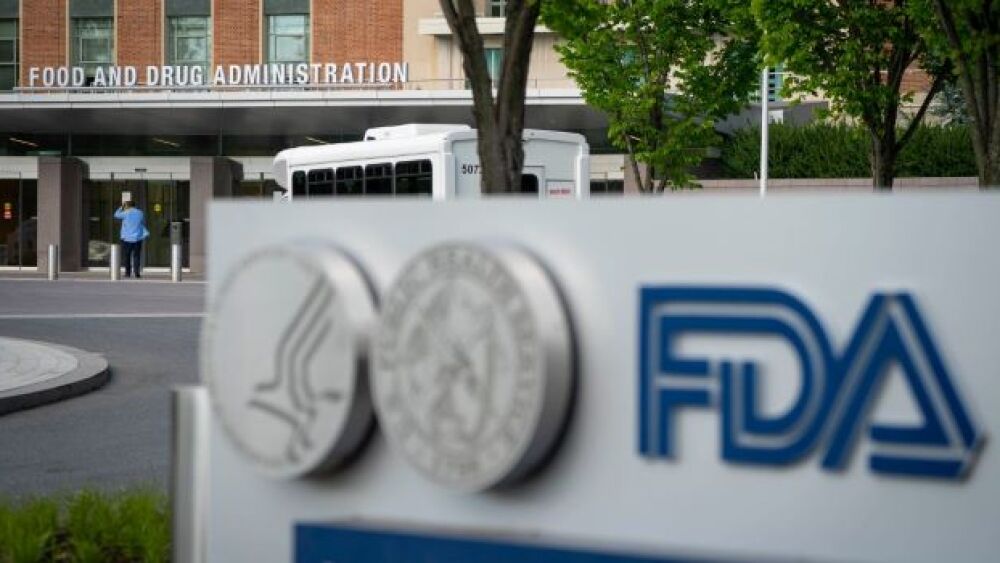If approved, etranacogene dezaparvovec would be the first gene therapy treatment for hemophilia B.
Sarah Silbiger/Getty Images
Biotechnology leader CSL Behring announced its Biologics License Application (BLA) for etranacogene dezaparvovec, an investigational treatment for hemophilia B, has been accepted by the U.S. Food and Drug Administration for priority review. If approved, it would be the first gene therapy treatment for hemophilia B.
Hemophilia is a degenerative genetic disease in which the gene that produces clotting Factor IX (FIX) in the blood does not work properly. The result is that the patient does not have enough FIX for their blood to clot properly in case of blood vessel damage, and patients can experience bleeds in their muscles and internal organs. This can lead to painful, swollen joints and, in some cases, death.
To treat hemophilia, CSL Behring and its partner, uniQure, use an adeno-associated virus (AAV) to make more normal clotting possible in the patients. In AAV, a modified, non-infectious virus enters target cells with “instructions” for the cells to start producing proper levels of FIX. After delivering the instructions, the virus dissolves.
Pennsylvania-based CSL Behring submitted the BLA for the genetic treatment after gathering positive data from its HOPE-B trial, a pivotal, open-label, single-arm study that tested the safety and efficacy of etranacogene dezaparvovec. The 54 participants in the trial first completed a six-month measuring period in which they established a baseline Annual Bleeding Rate (ABR).
After that, patients received a single dose of etranacogene dezaparvovec. The primary endpoint in the pivotal HOPE-B study was to measure the participants’ 52-week ABR after achieving stable FIX expression, as compared to their original six-month established baseline ABR.
The results of the study showed that a single infusion of the biologic reduced the adjusted annualized bleeding rate by 64%. The rate of FIX-treated bleeds was reduced by 77%. By the end of the 52-week period, 98% of subjects treated with a full dose of etranacogene dezaparvovec discontinued use of the prophylaxis FIX treatment.
“The acceptance of etranacogene dezaparvovec for review by the FDA brings us closer to our goal of delivering a life-changing treatment option for people with hemophilia B,” said Bill Mezzanotte, M.D., MPH, executive vice president, head of R&D and chief medical officer at CSL Behring. “Etranacogene dezaparvovec, potentially the first gene therapy approved for hemophilia B, further demonstrates CSL’s promise to relentlessly pursue innovative and disruptive technologies when it benefits rare and serious disease patients with unmet medical needs.”
Previously, the European Medicines Agency (EMA) accepted the Marketing Authorization Application (MAA) for etranacogene dezaparvovec under its accelerated assessment procedure. Now that the biologic’s BLA has been accepted, the FDA will review it within 6 months, rather than the standard 10-month timeline.
The news is also a huge milestone for uniQure, which has led the multi-year clinical development program for etranacogene dezaparvovec. The company develops single-treatment gene therapies for genetic diseases.
Featured Jobs on BioSpace





